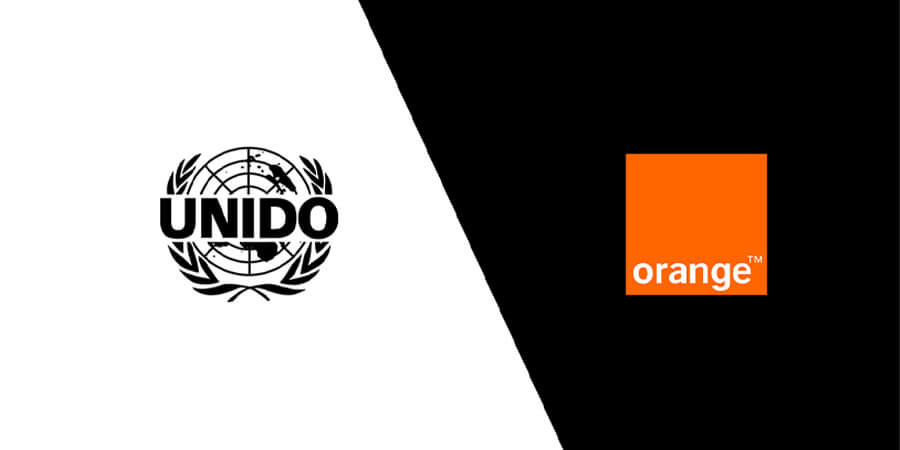Orange and the United Nations Industrial Development Organization (UNIDO) have joined forces to launch an initiative aimed at revolutionizing Egypt's mobile device and network equipment markets.
The goal is to facilitate a just transition to an inclusive, climate-neutral circular economy within Egypt's Electronics-ICT value chain.
The initiative focuses on several key objectives to unlock the circular potential of Egypt's ICT and electronics value chain. First and foremost, it seeks to accelerate the adoption of circular economy practices and policies in Egypt. This involves engaging citizens and advocating for behavioral change toward recycling and circularity. By doing so, the initiative anticipates having a positive impact on the environment, reducing carbon footprints through the formalized recycling of e-waste and the extension of product lifetimes.
A significant aspect of the project involves the establishment of local infrastructure, specifically refurbishment centers for network equipment and mobile devices. These centers will serve not only the local market but also aspire to become a hub for Africa and the Middle East. To achieve this vision, the project enlists a network of local and international partners, including Nokia, Cordon Group, Sofrecom Group, eTadweer, and others.
Capacity development is another key component of the initiative. The project plans to recruit and train local technicians, introduce vocational certifying training programs, and implement practices that promote circular transitions in the electronics sector, including with the informal sector.
Beyond these objectives, the initiative aims to reduce e-waste generation by opening new avenues for the reuse of products, extending their longevity. Refurbished and recertified network equipment and devices resulting from the pilot project will re-enter the local market. Simultaneously, the residual e-waste will be collected and recycled by the project's partners.
This initiative responds to the critical need to introduce a circular economy to Egypt and Africa. Despite Egypt's status as one of the largest telecommunications markets in Africa and the Middle East, high e-waste generation poses challenges. Recycling rates are currently low, prompting alignment with Egypt's Vision 2030, which includes improving waste management, increasing recycling rates, and ensuring the safe disposal of hazardous waste.
Orange, in collaboration with partners Nokia and Cordon Group, is committed to implementing a responsible reconditioning system that integrates local markets and populations, contributing to social and economic development. The project aligns seamlessly with Orange's broader environmental goals, aiming to reduce CO2 emissions by 45% in 2030 compared to 2020, as outlined in their "Lead the future" strategic plan.







